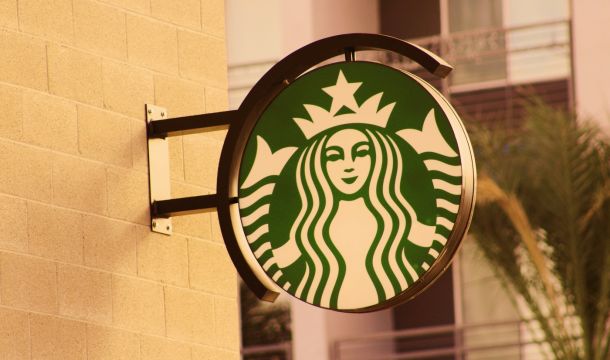Recent Administration Efforts Support More Union Power
President Biden, the most pro-union President in history, continues his agenda at the National Labor Relations Board (NLRB), both in NLRB decisions, proposed decisions, and proposed new regulations.
Many employers believe the most important union goal is the collection of union dues from represented employees. There is an express provision in the Labor Act that explicitly limits the effect of union-security clauses to active contracts, the provision that supports union membership obligations. For over 50 years, except for a brief period beginning in 2015, the Board held that union dues check-off provisions requiring employers to deduct dues from workers' checks and remit them to the union, did not survive the expiration of the agreement. In other words, because the dues check-off provisions were the implementation of union-security clauses in the bargaining agreement, and were created by the contract, such provisions lapse with the expiration of the contract. In a decision issued in early October, the NLRB reversed those precedents, and held that employers' obligations to withhold union dues from employee paychecks survives the expiration of the bargaining agreement. Valley Hospital Medical Center, Case No. 28-CA-213783.
In early November, the NLRB released a notice of proposed rulemaking that would rescind earlier federal rules implemented in 2020. The rules which the NLRB now seeks to rescind include: (1) allowing representation elections to proceed despite pending unfair labor practice charges; (2) allowing challenges to the representative status of a union that has been voluntarily recognized based on a showing of majority support before there has been a reasonable period for collective bargaining; and (3) permitting election challenges to the representative status of unions representing construction industry employees, where the union's majority is set forth in language in a collective bargaining agreement making clear that the employer voluntarily recognized the union based on a showing of majority support.
The gist of these rule changes would return the Board to the "blocking charge" policy, in which a union can theoretically indefinitely postpone an election due to its filing of unfair labor practice charges, thus "blocking" the election until a time more favorable to the union. The second proposed rule change would eliminate the possibility of the union being "decertified" based on majority support to eliminate the union, at least until a reasonable period for collective bargaining has passed. The third rule change would allow unions to insist upon contract language establishing recognition of a union under Section 9(a) of the Labor Act, simply by making it difficult to challenge language in a collective bargaining agreement stating that there was sufficient evidence that voluntary recognition was based on Section 9(a) of the Act.
The recission of these Trump-era rules would make it more difficult to decertify or withdraw recognition from a union, and would give unions better opportunities of winning secret ballot elections.
In addition, the NLRB General Counsel has issued numerous memoranda that could limit an employer's right to hold captive audience meetings or discussions in a facility by management to discourage union organizing. The NLRB General Counsel has now announced a new initiative, which if implemented by the NLRB would require employers to disclose all forms of electronic surveillance of workers used in the workplace. It would also give employees the opportunity to file charges over monitoring that tends to interfere with employees working together for mutual aid and protection under Section 7 of the National Labor Relations Act (NLRA). It would require employers not only to disclose the monitoring but require an employer to state its reasons and how it is being used. While the NLRB General Counsel is basically a prosecutor who does not have a judicial role, she is urging the five- member NLRB "to protect employees, to the greatest extent possible, from intrusive or abusive electronic monitoring and automated management practices that would have a tendency to interfere with Section 7 rights." Even if the employer's legitimate business reasons outweighed the Section 7 rights, the employer would still have to notify workers about its practices.
The concept is that employees may be deterred from union activity or other activities for mutual aid or protection by an employer's surveillance program. Therefore, the General Counsel contends that employers must notify employees about the employer's surveillance program so workers can keep the organizing activities confidential and/or challenge the surveillance program as coercive.
Editor's Note: Some employers believe that the right to cease withholding union dues from employee paychecks puts pressure on the union to reach agreement on a new contract, which actually promotes collective bargaining. The decision in Valley Hospital Medical Center takes away this right, at least absent bargaining to impasse by the employer, in which case the employer is allowed to implement its proposals unilaterally. Employers drafting provisions on union dues collection may wish to consider an express provision limiting the dues deduction to the term of the collective bargaining agreement.
This article is part of our December 2022 Newsletter.
View newsletter online
Download the newsletter as a PDF
Related Content
Get Email Updates

TPS Update (as of 2/6/2026)

Job Interviews Can Be a Good Selection Device

Suggestions on How to Diffuse a Tense Situation

Employers Blame Unions for Recent Shutdowns

$27 Million Verdict against Employer on Disability Discrimination over Refusal to Return Employee to Work


